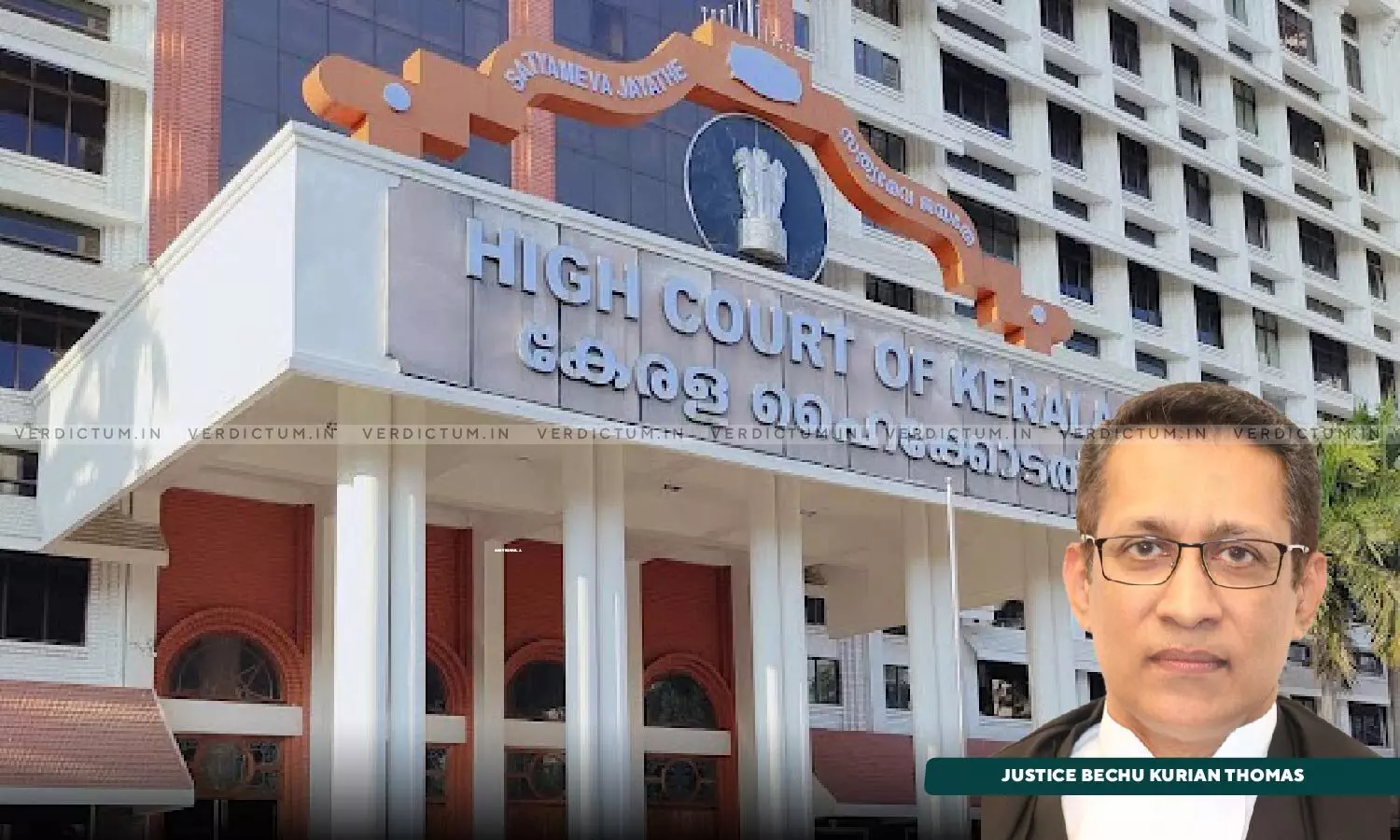
Cheque Bounce Cases| Trial Court Should Not Meekly & Blindly Accept Request For Forensic Examination Of Cheque: Kerala HC
 |
|The Kerala High Court held that a trial court is entitled to reject applications requesting forensic examination of cheques under Section 138 of the NI Act instead of “meekly and blindly” accepting such requests.
The Court upheld the impugned order of the Magistrate declining to issue summons to a private handwriting expert under Section 348 of the BNSS. The Court noted the attempts made to delay the conclusion of trials especially in cases arising under Section 138 of the Negotiable Instruments Act, 1881 (NI Act). “One of the easiest ways to protract such proceedings is to request the cheque to be sent for expert opinion,” it noted.
A Single Bench of Justice Bechu Kurian Thomas observed, “Though bonafide applications ought not to be rejected on the grounds of delay, when the court is satisfied that an application is vexatious or intended to delay the proceedings, certainly the trial court is entitled to reject such applications instead of meekly and blindly accepting the request for sending the cheque for forensic examination. The circumstances arising in each case ought to be appreciated by the trial court while arriving at such a conclusion.”
Advocate Varghese C. Kuriakose appeared for the petitioner, while Public Prosecutor Sreeja V. represented the respondents.
The petitioner challenged the dismissal of his application for sending the cheque to the Central Forensic Science Laboratory.
The High Court noted that the petitioner had already sought a forensic examination of the cheques in 2021, and a report was provided by the Forensic Science Laboratory which confirmed that the signatures on the cheques were that of the accused. The Court noted that the petitioner’s further request for another forensic examination was an attempt to delay proceedings.
Referring to Section 45 of the Indian Evidence Act, 1872, the Court pointed out that the opinion of a handwriting expert was “only an opinion” and not conclusive.
The Court observed, “After obtaining an adverse report from the State Forensic Science Laboratory, it is not open for an accused to keep on demanding that the disputed signature be sent to another laboratory. As rightly observed by the learned Magistrate, the opinion of a handwriting expert is not substantive evidence and the ultimate decision is that of the court.”
The Court stated that the petitioner attempted to delay and protract the trail of the cases. “More than 10 years have elapsed and the cause of the complainant would be seriously prejudiced apart from stultifying the very object and purpose of the statute if the case is not disposed of at the earliest,” it remarked.
Consequently, the Court held that “once a report was elicited from an expert through the process of court, it is not open for a party, that too in a private complaint under section 138 of the NI Act, to keep using the process of the court to obtain another report, without even setting aside the first report.”
Accordingly, the High Court dismissed the petition.
Cause Title: Santhosh. K.S. v. State of Kerala & Anr. (Neutral Citation: 2024:KER:71521)
Appearance:
Petitioner: Advocates Varghese C. Kuriakose, Amritha. J, Kuruvilla Mathew and Vipin C. Varghese
Respondents: Public Prosecutor Sreeja V.